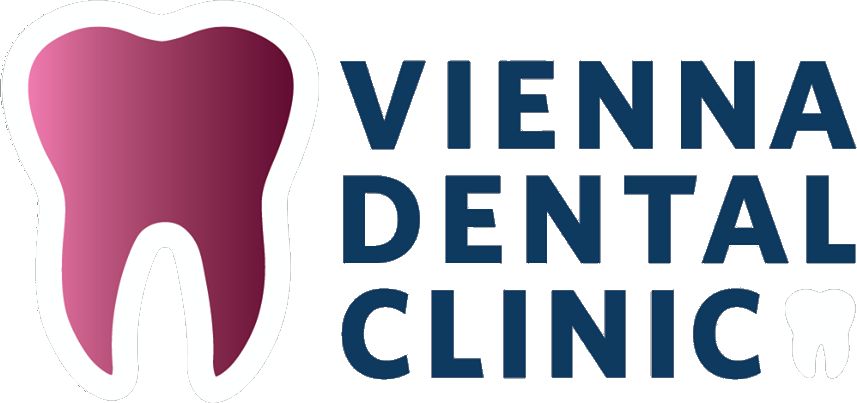When your child has misaligned or crooked teeth, you should consider starting them on an orthodontic treatment plan as soon as possible. Early orthodontic treatment is crucial for avoiding long-term dental and jaw problems. In addition, severely misaligned teeth can cause several problems, not all of which are “social in nature.” For example, chewing, speaking, and brushing issues can all be caused by poor alignment and a failure to get orthodontic therapy.
At what age should an orthodontic appointment be scheduled?
According to the American Association of Orthodontists, children above the age of seven should begin orthodontic treatment. If your child is under seven, they may still have some primary teeth. Orthodontics can be used to straighten and improve dentition after the primary teeth have fallen out and the adult teeth have erupted.
Baby teeth are usually all lost by the time a child reaches age 13. Likewise, jaw growth is generally complete by the mid to late teenage years. Compared to early orthodontic treatment, adult orthodontic treatment can be more expensive, require more time, and certain problems could have been prevented or corrected at a younger age. That said, it’s obvious that interceptive treatment as early as the age of 7 can have multiple benefits.
Benefits of visiting the orthodontist at that age:
- The growth and development of the jaws can be better monitored
- Permanent teeth can be guided into the correct positions to avoid spacing or overcrowding problems
- Front teeth can be protected against any risks of trauma
- Teaching kids proper oral hygiene habits to improve their teeth, mouth, and gum health
- Eliminate the potential complexity and increased cost of comprehensive orthodontic treatment by having Phase 1 treatment
Early treatment can save money in the long run and decrease overall treatment time during the comprehensive phase.
Why is Early Treatment Vital?
Many parents delay sending their child to an orthodontic clinic because they believe there is no harm in delaying. You may postpone orthodontic treatment for your child due to financial constraints or a lack of time to develop a treatment plan. You may also postpone seeing your orthodontist because you believe your child is too young or will be fidgety in the chair. All of these factors jeopardize the overall outcome of early orthodontic treatment.
When your child undergoes orthodontic treatment as soon as possible, their issues are less likely to worsen.
When you take your kid to visit the orthodontist to begin treatment, you are also preventing dental issues from worsening. If your child is having difficulty biting, chewing, or speaking, you should seek the assistance of an orthodontist to improve your child’s daily life.




